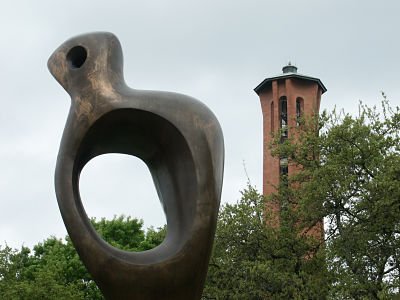As fall semester rolls around, Trinity welcomes new professors to its faculty. According to an email from Duane Colthrop, assistant vice president for curriculum and faculty development, the administration has hired six individuals to fill the roles of assistant professor, a position that is intended to be long term.
“I’ve been here for two years, so I’ve basically been promoted. I was a visiting professor at first … from there, you can get on the actual tenure track, which is what I’m on now,” said Dominic Morais, assistant professor of business administration. “It was interesting; one of my professors at the University of Texas at the time had gone here, so she is an alumni, and she knows Dr. Jacob Tingle, who heads the experimental learning and sports management minor.”
Morais completed his studies at the University of Texas at Austin, concentrating in physical culture and sports study. While at Trinity, he’s enjoyed being able to teach smaller classes, as well as the ability to help provide several scholarship opportunities for students.
“My favorite part about Trinity is being able to see things click in students’ heads and knowing that I’m helping facilitate their growth as individuals,” Morais said. “It’s a place where I feel like I can actually make a difference in people’s lives.”
Focus on student growth and research has made Trinity a more attractive university for professors. Not only do they have a better opportunity to further their students’ academic lives, but they are also able to further their studies through research.
“What drew me to Trinity was primarily the dedication to teaching and student-centered research; I knew from the time that I was going into undergraduate I wanted to ultimately teach and do research with students. When I went to the University of Texas, I realized the way a big university functions doesn’t focus as much on teaching and student-centered research,” said Orrin Shindell, assistant professor of physics and astronomy. “What I really wanted to do is come to a small college where teaching was a significant priority “¦ as well as cutting-edge research.”
Along with the ability for student-focused research, Trinity’s size also plays a role in attracting new professors. Many of the new hires cited smaller classes as a very compelling aspect of working at Trinity.
“For me, the size of Trinity is a positive. There’s a lot of great things that come with a small school; you have a smaller class sizes so you can really get to work with students and know them, also there’s a stronger sense of community, and I think I knew that on paper but I wasn’t fully prepared for how strong the Trinity community is,” said Benjamin Sosnaud, assistant professor of sociology. “I think it’s one of the greatest experiences so far “” people really love it here, they want to be here, and they want people to have success here.”
Many of the new professors also expressed an interest in going beyond the academic resources at Trinity. Both campus organizations and San Antonio itself offer a great deal of opportunities for community involvement, something that Sarah Erickson, assistant professor of communication, hopes to capitalize on.
“I think there’s a sense of community, and the openness to talking to everyone and being really thoughtful and intellectually curious while caring “” it’s a hard balance to strike, and I think that Trinity does it really well,” Erickson said. “We’re able to have conversations that are really difficult, but do it in ways that are respectful.”
In addition to the four assistant professors mentioned above, Sajida Jalalzai, assistant professor of religion, and Jacquelyn Matava, assistant professor of music, have also been officially hired as assistant professors at Trinity.







